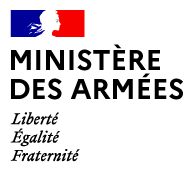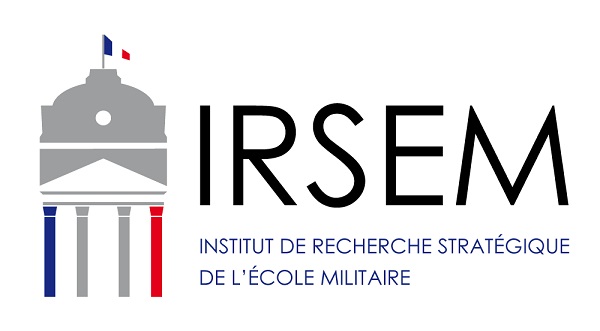This report explores the narrative dimension of foreign policy and influence strategies, using the resurgence of anticolonial rhetoric in Russian political discourse since the invasion of Ukraine in February 2022 as a case study. It aligns with the “narrative turn” in International Relations and the conceptual framework of “strategic narratives,” which aim to “construct a shared meaning of the past, present, and future in international politics to shape the behavior of domestic and international actors.” Unlike most empirical studies that begin by analyzing key actors to identify the narratives they construct, this research reverses the approach by starting with the narrative itself and then tracing it back to its creators and disseminators, thereby clarifying their intentions and foreign policy objectives. The analysis first identifies the political “narrators” of Russia’s anti-(neo)colonial strategic narrative, including President Putin, political elites, diplomatic channels, and members of the Russian parliament. It then examines how this narrative is promoted by Russia’s ecosystem of information influence—such as transnational state media RT and Sputnik, the “Prigozhin galaxy,” and the organization African Initiative—focusing on its diffusion into sub-Saharan Africa. Finally, the study highlights three key objectives Russia seeks to achieve through this strategic narrative: legitimizing its current foreign policy by creating a historical link to Soviet anti-imperialism; renewing criticism of Western interventionism, often through accusatory inversion; and appealing to audiences in the “global South” by aligning discursively and ideologically with their perspectives.



